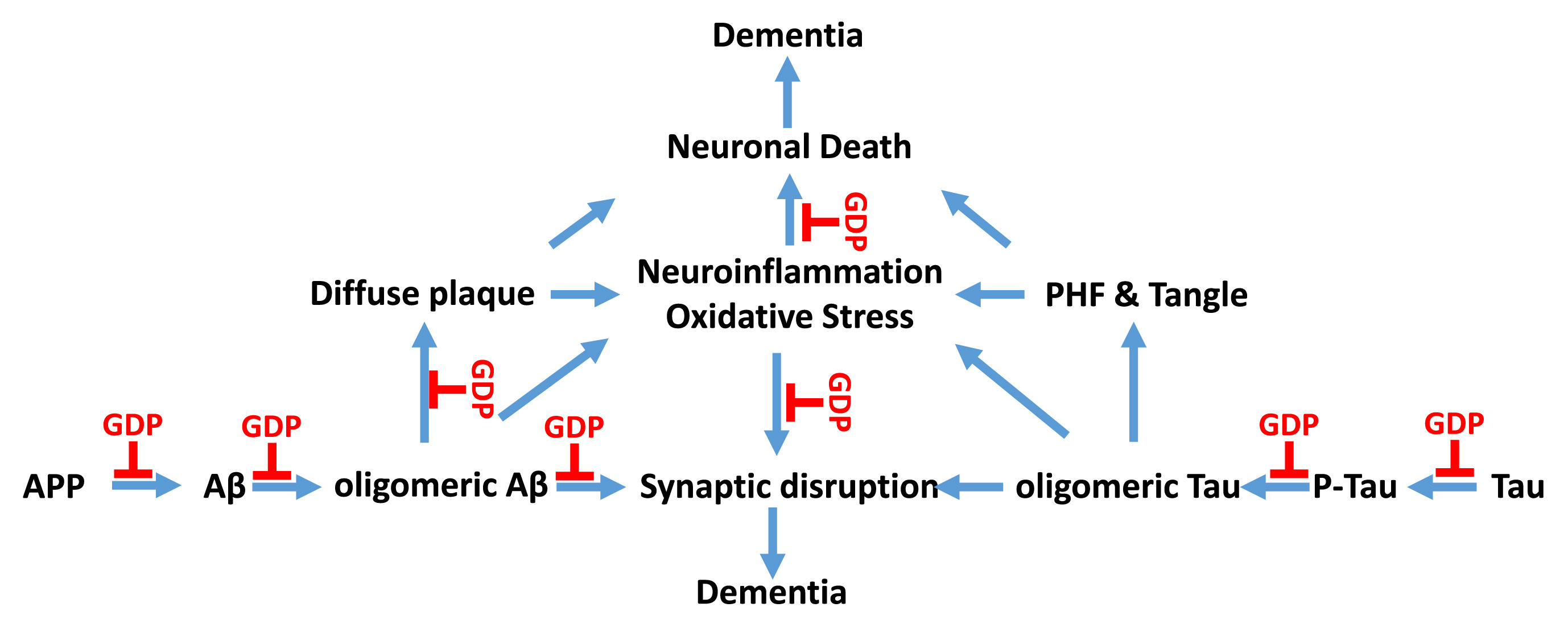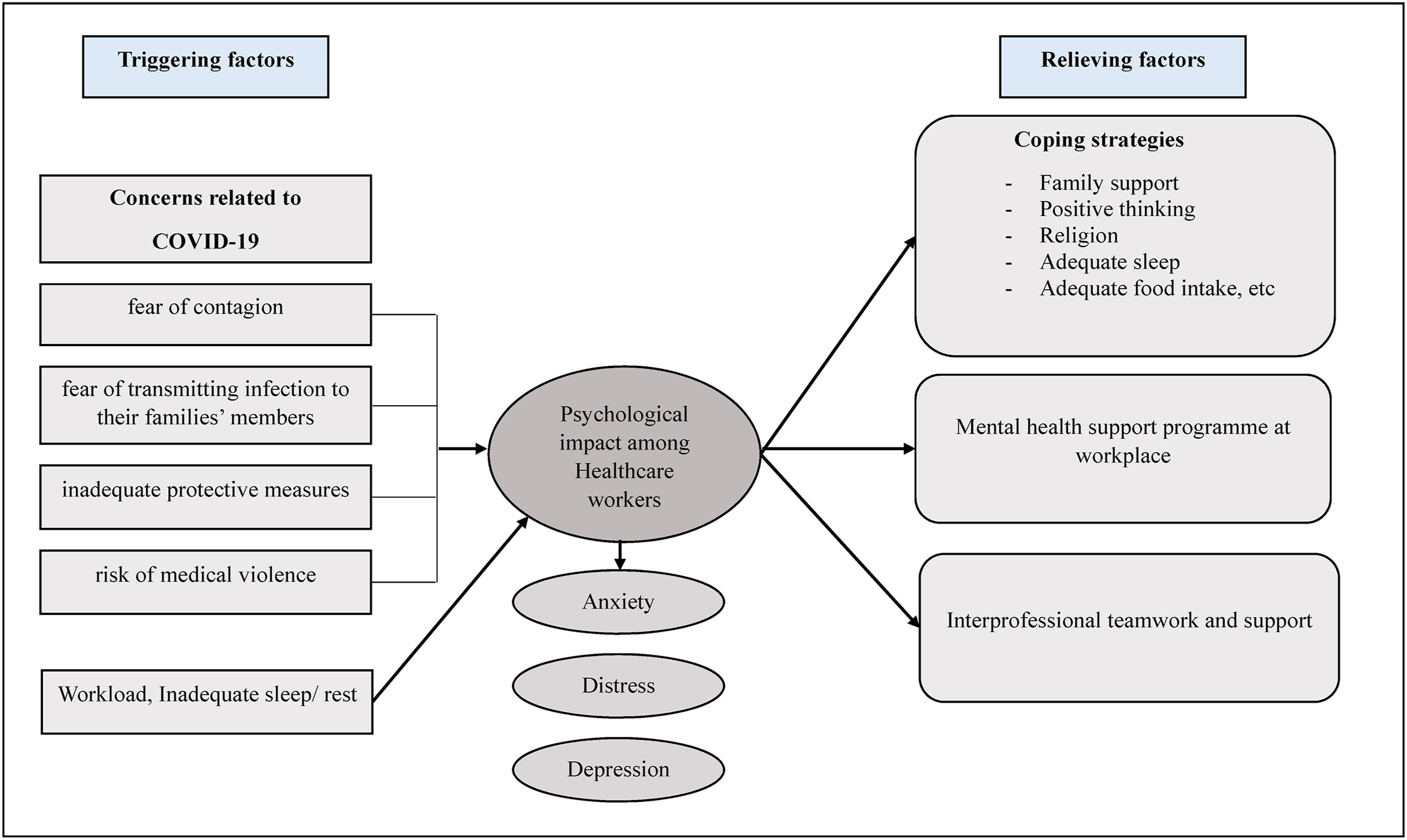Despite the improvement in technologies for the production of alternative fuels (AFs), and the needs for using more AFs for motor vehicles for the reductions in air pollution and greenhouse gases, the number of alternative fuel vehicles (AFVs) in the global transportation sector has not been increasing significantly (there are even small drops for adapting some AFs through the projections) in recent years and even in the near future with projections to 2050. And gasoline and diesel fuels will remain as the main energy sources for motor vehicles.
Alzheimer's disease (AD) is by far the most prevalent neurodegenerative disease of aging and is a major burden for patients, caregivers, and the overall health care system. The complexity of AD pathophysiology and the lack of deep understanding of disease mechanisms impeded the development of AD therapy. Currently approved treatments for AD only modestly improve cognitive function but do not modify disease course. The lack of pharmacological approaches has led to the consideration of alternative strategies to prevent or to slow down the progression of AD.


